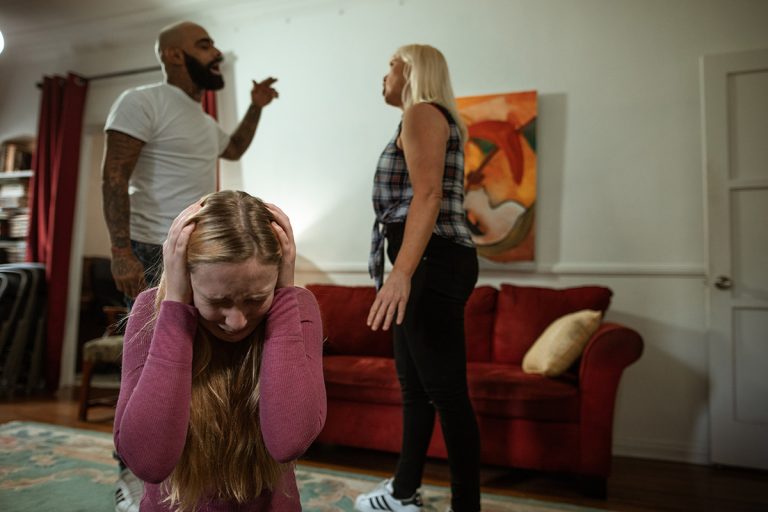Marriage equality is at the forefront of many Australians minds. There has been debate surrounding whether de facto couples receive the same legal benefits as married couples in Australia. The short answer is, no! The most fundamental right that not all de facto couples have is the right to marry.
Legal Rights
The law regarding de facto couples is different from state to state, as well for the Commonwealth. This is not the case for married couples. The law regarding married couples is a Commonwealth law. A marriage certificate automatically proves you are in a relationship and have “rights” as a couple. In a de facto relationship, you have to ‘prove’ it exists. 5 of the differences in legal benefits are as follows:
When is a de facto relationship considered to have commenced?
It depends who is asking….
- Family law – after living together for 2 years, unless you have “registered” your relationship (which is very rare) or you have a child together or you have made significant financial or non-financial “contributions” to the relationship. Proving contributions can be difficult and expensive.
- Centrelink – you are considered a de facto couple from the date you commence living together.
- Migration law– after living together for 1 year (unless you have a child together).
Property settlement and spouse maintenance
- Married couples must make an application for property settlement or spouse maintenance within 12 months of obtaining a divorce. However, if a divorce is not applied for or granted, there is no set time limit to apply.
- De facto couples must make an application to the Court for property settlement within 2 years of separating.
Proof a relationship exists and the duration of a relationship
- De facto relationships can be difficult to prove.
- To prove a de facto relationship, spouses may have to provide “evidence”. This is a “burden of proof” that does not exist for married couples, the certificate is sufficient.
- Evidence might include things such as, living arrangements in the home, how household expenses and chores are shared, how finances are managed and maintained, commitment to a shared life i.e. how does the “public” perceive your relationship, arrangements for any children, and details about your sexual relationship.
- It is not necessary to prove a relationship exists if you are married. There is no “burden of proof”. Spouses are married as and from the date their marriage certificate says they are. It is more difficult to prove when a de facto relationship commenced.
Wills and estate planning
- In NSW (any many other states) marriage usually nullifies an existing will (depending on specific wording in the will).
- In de facto relationships, if separation has occurred and one spouse dies before making a new will, it may be up to the Court to determine how the estate of the deceased is to be distributed. The estate will likely have to foot the bill.
- If a de facto partner dies without leaving a will, there is often a need for the surviving spouse to prove a de facto relationship existed. Similar issues may arise if one spouse becomes ill. That requirement is not necessary for a marriage.
IVF and children
- Married couples are automatically considered legal parents of a child conceived using IVF.
- However, if a child is conceived using IVF by spouses in a de facto relationship, parentage depends on whether a de facto relationship is proven to exist.
Although de facto couples have more legal rights today than they have enjoyed in the past, married couples and de facto couples do not have the same legal rights.











